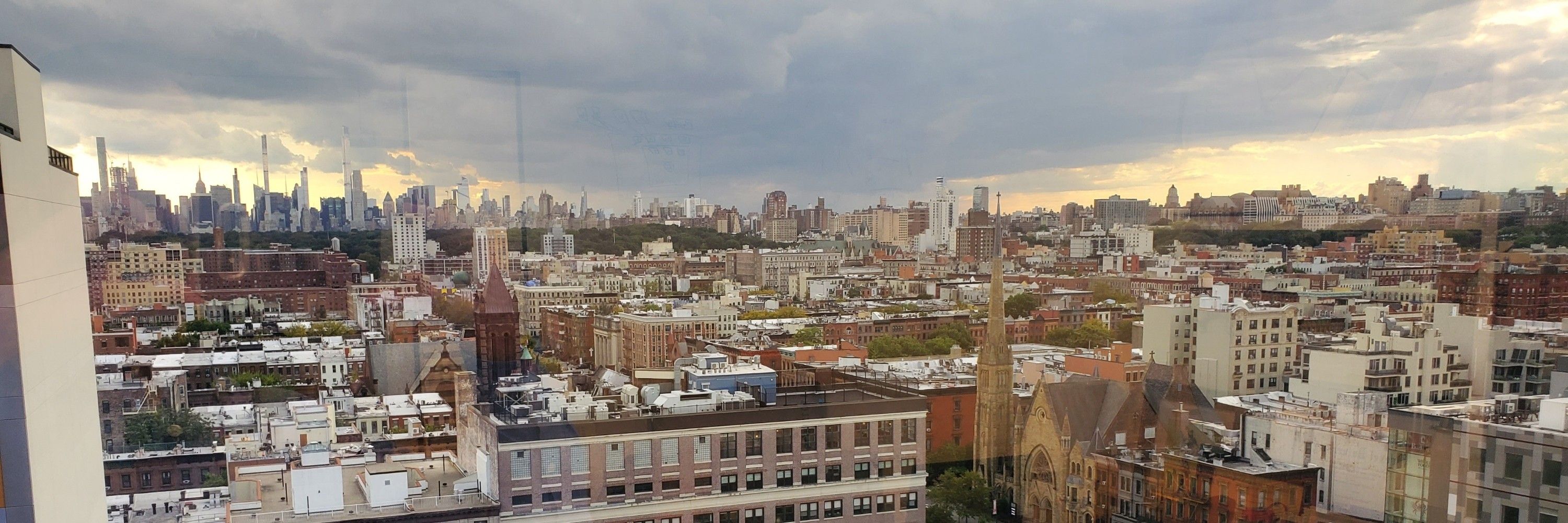
We study how getting more feedback (seeing what you could have earned) and facing gains vs losses change the way people choose between risky and safe options.
🖇️Link: doi.org/10.31234/osf...
It's a thread🧶:

We study how getting more feedback (seeing what you could have earned) and facing gains vs losses change the way people choose between risky and safe options.
🖇️Link: doi.org/10.31234/osf...
It's a thread🧶:

@investnscience.bsky.social — from the questions that drive your work to the breakthroughs that inspire you. We are a group of scientists highlighting how science benefits everyone.
DM me to sign up or with any questions!
Meet up with us to collaborate and share your science journey: from the questions that drive your work to the breakthroughs that inspire you.
Sign up here:
calendly.com/investnscien...
And share with your science friends!

@investnscience.bsky.social — from the questions that drive your work to the breakthroughs that inspire you. We are a group of scientists highlighting how science benefits everyone.
DM me to sign up or with any questions!
@plos.org Computational Biology! 🫁
"The respiratory cycle modulates distinct dynamics of affective and perceptual decision-making"
doi.org/10.1371/jour...
We show how respiratory 'tidal computations' alter our decisons!
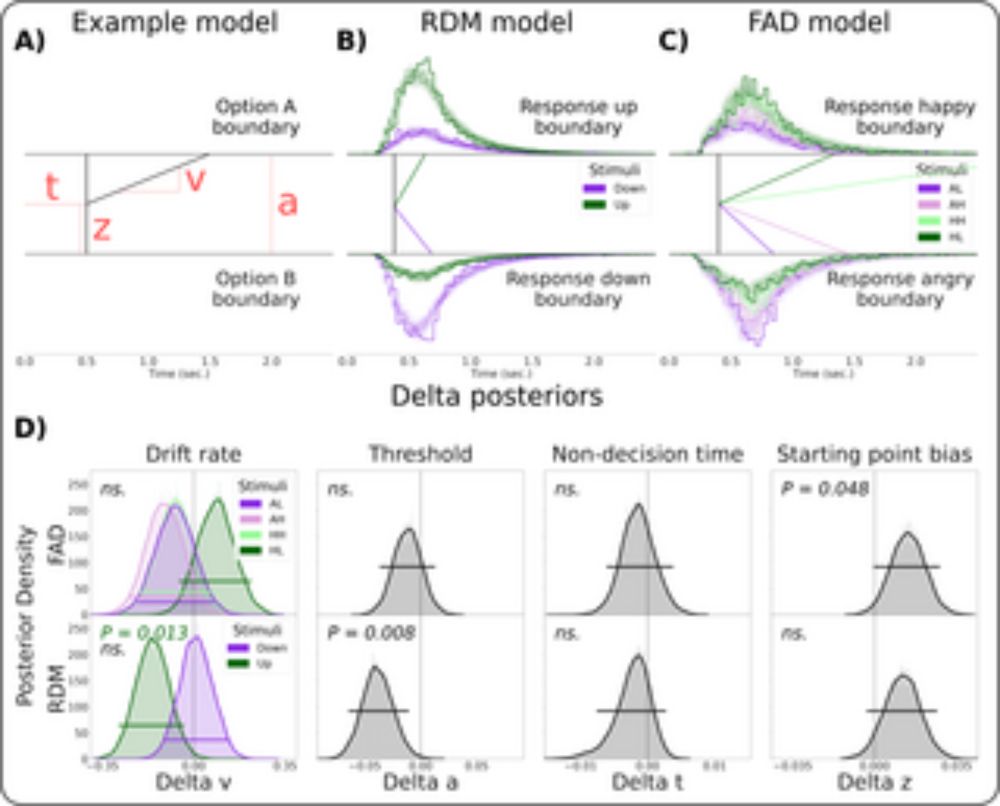
@plos.org Computational Biology! 🫁
"The respiratory cycle modulates distinct dynamics of affective and perceptual decision-making"
doi.org/10.1371/jour...
We show how respiratory 'tidal computations' alter our decisons!
#blueprint 1/7

#blueprint 1/7
We tested whether brief striatal dopamine release events influence the vigor of skilled movements. Despite popular belief, we did not find any evidence linking rapid dopamine dynamics to motor vigor on a moment-by-moment basis.
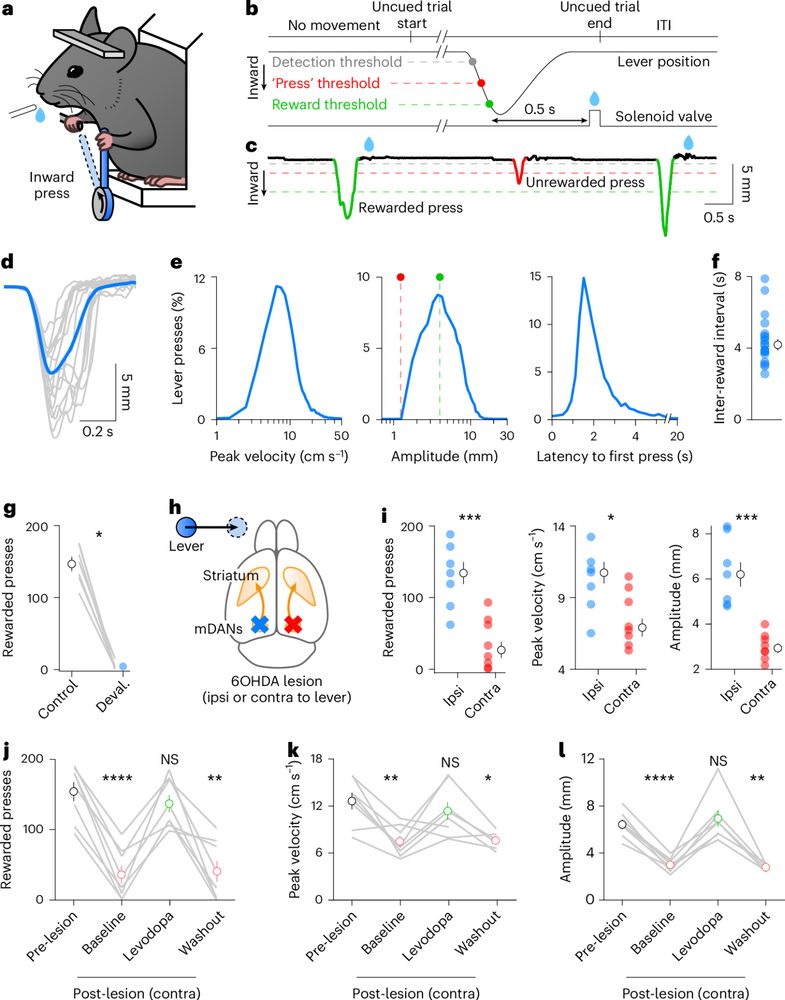
We tested whether brief striatal dopamine release events influence the vigor of skilled movements. Despite popular belief, we did not find any evidence linking rapid dopamine dynamics to motor vigor on a moment-by-moment basis.
But... can they? We don’t actually know.
In our new study, we develop a Computational Turing Test.
And our findings are striking:
LLMs may be far less human-like than we think.🧵

But... can they? We don’t actually know.
In our new study, we develop a Computational Turing Test.
And our findings are striking:
LLMs may be far less human-like than we think.🧵
Does war trauma leave a lasting imprint on civilians’ brains🧠?
We analyzed ~40k MRIs in the #UKBiobank, including ~6k of people born during WWII. Those exposed to close bombings in-utero show differences in brain structure, even decades later.
www.biorxiv.org/content/10.1...



Does war trauma leave a lasting imprint on civilians’ brains🧠?
We analyzed ~40k MRIs in the #UKBiobank, including ~6k of people born during WWII. Those exposed to close bombings in-utero show differences in brain structure, even decades later.
www.biorxiv.org/content/10.1...
Looking for a PhD in neuroeconomics, social, or decision neuroscience? I'm looking to support an application for the MIBTP ESRC program starting Fall 2026. Details below, but please get in touch with me before applying!
Pls share!
www.findaphd.com/phds/project...

Looking for a PhD in neuroeconomics, social, or decision neuroscience? I'm looking to support an application for the MIBTP ESRC program starting Fall 2026. Details below, but please get in touch with me before applying!
Pls share!
www.findaphd.com/phds/project...
We report that neural correlates of evidence accumulation (CPP, Mu/Beta) are also observed during value-based decisions.
www.biorxiv.org/content/10.1...
Led by @laurencf.bsky.social (Lauren Fong)
1/n

We report that neural correlates of evidence accumulation (CPP, Mu/Beta) are also observed during value-based decisions.
www.biorxiv.org/content/10.1...
Led by @laurencf.bsky.social (Lauren Fong)
1/n
Wrong.
Interconnected brain modules exist at the level of fine grained transcriptomics. www.nature.com/articles/s41...

Wrong.
Interconnected brain modules exist at the level of fine grained transcriptomics. www.nature.com/articles/s41...

"Sleep Reactivity Amplifies the Impact of Pre-Sleep Cognitive Arousal on Sleep Disturbances"
Led by Noof Shaif /w Ju Lynn Ong, Julian Lim, Anthony Reffi, and Michael Chee
onlinelibrary.wiley.com/doi/full/10....

"Sleep Reactivity Amplifies the Impact of Pre-Sleep Cognitive Arousal on Sleep Disturbances"
Led by Noof Shaif /w Ju Lynn Ong, Julian Lim, Anthony Reffi, and Michael Chee
onlinelibrary.wiley.com/doi/full/10....
With amazing collaborators @tfblanken.bsky.social, Han van der Maas, & Denny Borsboom 🥳
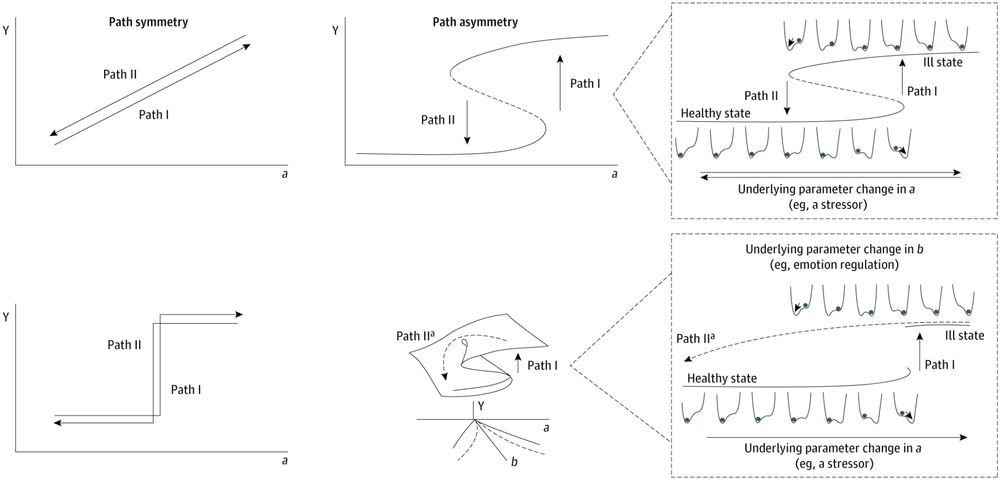
With amazing collaborators @tfblanken.bsky.social, Han van der Maas, & Denny Borsboom 🥳
We are seeking a clinical coordinator for the Rutgers-Princeton Center for Computational Cognitive Neuroscience. >>
We are seeking a clinical coordinator for the Rutgers-Princeton Center for Computational Cognitive Neuroscience. >>
w @annikaboldt.bsky.social & Yishu Sun
Paper: www.nature.com/articles/s44... Thread ↓↓↓
#PsychSciSky #Neuroscience #Neuroskyence #Metacognition #Confidence
w @annikaboldt.bsky.social & Yishu Sun
Paper: www.nature.com/articles/s44... Thread ↓↓↓
#PsychSciSky #Neuroscience #Neuroskyence #Metacognition #Confidence

Are reinforcement learning models complete accounts of decisions from experience if they ignore explicit memory?
In this new preprint, we show that people indeed form robust explicit memory representations that flexibly guide later decisions.
🔗 Preprint: doi.org/10.1101/2025...

Are reinforcement learning models complete accounts of decisions from experience if they ignore explicit memory?
In this new preprint, we show that people indeed form robust explicit memory representations that flexibly guide later decisions.
🔗 Preprint: doi.org/10.1101/2025...
Shared computations underlie how we acquire actions that are mutually beneficial, instrumentally harmful (benefits self at the expense of others), altruistic (benefit others at the expense of self), or mutually costly
🧵 rdcu.be/eL8mZ

Shared computations underlie how we acquire actions that are mutually beneficial, instrumentally harmful (benefits self at the expense of others), altruistic (benefit others at the expense of self), or mutually costly
🧵 rdcu.be/eL8mZ
The Coupled Minds Lab at @tamu.bsky.social will use a multimodal approach combining fMRI hyperscanning, computational modeling, and natural language processing to study how conversations transform minds. Learn more: coupled-minds.github.io
Due Date Dec 1
The Coupled Minds Lab at @tamu.bsky.social will use a multimodal approach combining fMRI hyperscanning, computational modeling, and natural language processing to study how conversations transform minds. Learn more: coupled-minds.github.io
Due Date Dec 1
connectivity of neurons, revealing a structured, multi-scale code for economic variables. www.cell.com/neuron/fullt...

connectivity of neurons, revealing a structured, multi-scale code for economic variables. www.cell.com/neuron/fullt...
Many psychiatric symptoms are inherently social. @xiaosigu.bsky.social, @joebarnby.com, & I call for cognitive models that reflect processes most relevant to our questions, esp. for those about social symptoms🧵
➡️ nature.com/collections/...
🧵(1/8)

Many psychiatric symptoms are inherently social. @xiaosigu.bsky.social, @joebarnby.com, & I call for cognitive models that reflect processes most relevant to our questions, esp. for those about social symptoms🧵
We show that children 👶 use predictive representations (e.g. SR) to guide their choices, providing an account of how they can make flexible choices in a changing world
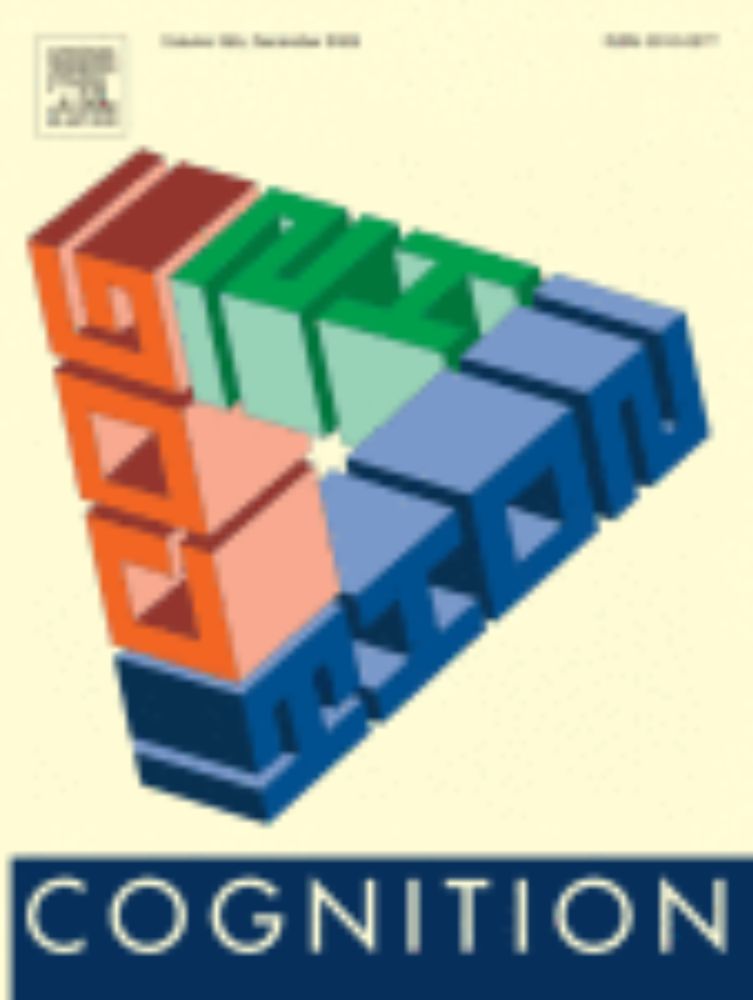
We show that children 👶 use predictive representations (e.g. SR) to guide their choices, providing an account of how they can make flexible choices in a changing world


